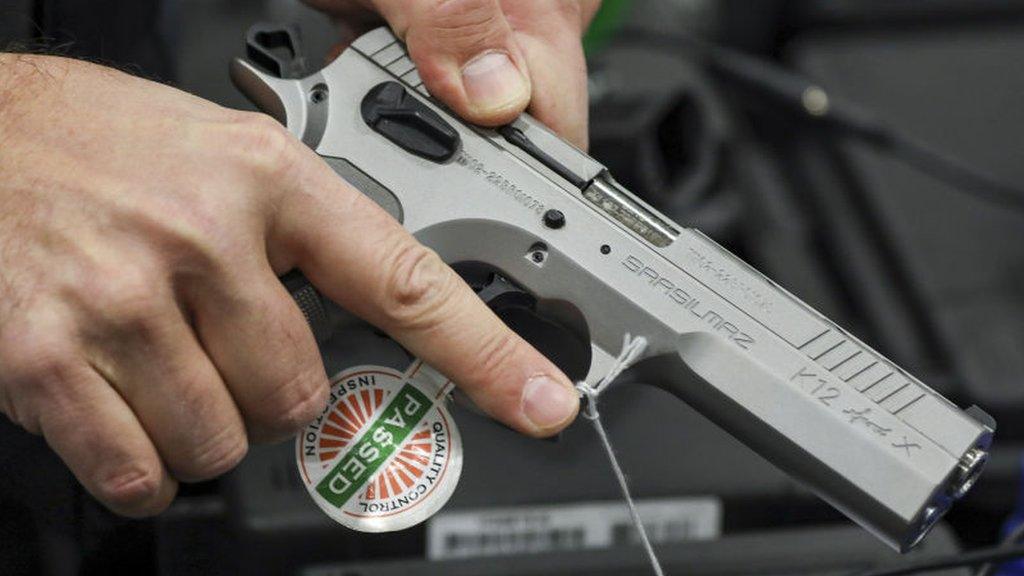Texas shooting: Trump rejects stricter gun checks
- Published
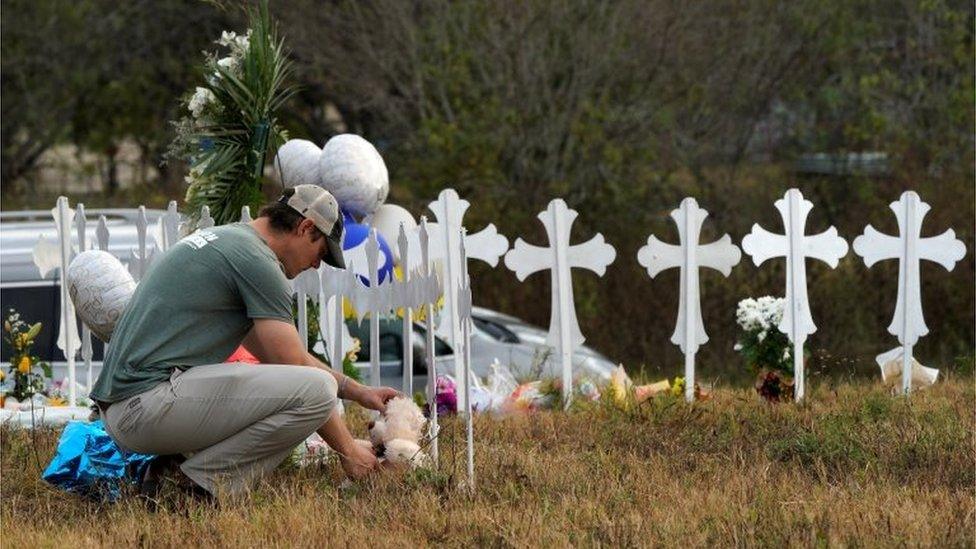
US President Donald Trump has said that "hundreds more" would have died in a Texas church mass shooting if US gun laws were more stringent.
He told reporters in Seoul that such measures would have "made no difference" in Sunday's attack, which left 26 people dead and 20 injured.
Gunman Devin Patrick Kelley was found dead in his car after he fled the scene and was chased by armed bystanders.
The US Air Force said he should have been legally barred from owning guns.
Mr Trump was asked in the South Korean capital on Tuesday if his call for "extreme vetting" of immigrants should also apply to Americans who want to purchase a gun.
"If you did what you're suggesting, there would have been no difference three days ago," he said, referring to the attack, during a joint press conference with his host, President Moon Jae-in.
The president suggested that armed bystander Stephen Willeford, who shot the gunman with his privately owned weapon, may not have been able to "neutralise" Kelley if stricter gun laws had been in place.
"You might not have had that very brave person who happened to have a gun or a rifle in his truck go out and shoot him and hit him and neutralise him," Mr Trump said.
"If he had not had a gun, instead of having 26 dead, you would have had hundreds more dead," he added.
Mr Trump instead pointed to the violence in Chicago and the city's tough gun laws as an example of why vetting gun buyers would not prevent shootings.
He called Chicago a "total disaster".
After the Las Vegas attack in October 2017 the BBC looked at how US mass shootings are getting worse
The US Air Force said on Monday that they failed to report attacker Devin Patrick Kelley's criminal history during his time in the military, which would have prevented him from owning or buying guns.
The error, which the military is now investigating, made it possible for him to purchase a rifle he used in Sunday's attack on the First Baptist Church in Sutherland Springs, Texas, located outside of San Antonio.
Kelley had been court-martialled for domestic violence against his ex-wife and child in 2012.
He had argued with his mother-in-law, who sometimes attended the church, before the deadly rampage, officials said.
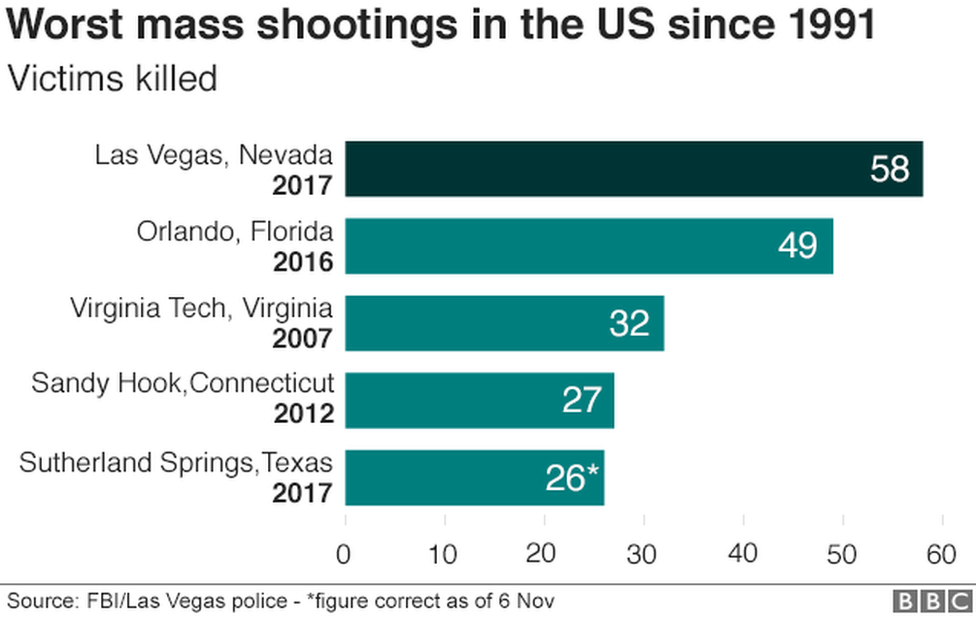
Authorities said he fired at least 450 round of ammunition at the church, and the victims ranged in age from 18 months to 77 years.
As many of half of those killed or wounded were children.
Police said he was shot twice and fled the scene in his vehicle. He died from what appeared to be a self-inflicted gunshot wound after being chased by Mr Willeford and Johnnie Langendorff.
Investigators in Texas say they will refrain from publicly using the name of the gunman, telling reporters "we don't talk about the shooter".
By not mentioning the gunman's name, authorities said they hope it "doesn't encourage other people to do horrific acts", according to FBI Special Agent in Charge Christopher Combs.
'Our kids play together,' says a resident whose neighbours are feared dead
Asked in Tokyo on Monday about the attack, Mr Trump said Sunday's shooting was not "a guns situation", but "a mental health problem at the highest level".
Last week Mr Trump called on Congress to "immediately" eliminate the green card lottery visa programme hours after a suspect from Uzbekistan drove onto a bike path in New York City and killed eight people.
- Published7 November 2017
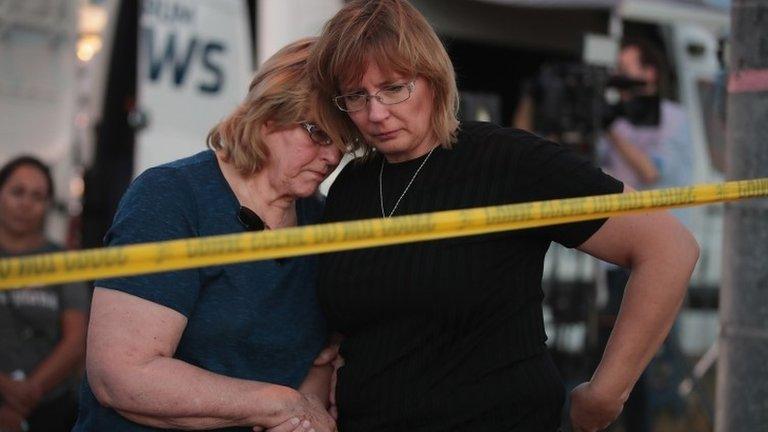
- Published7 November 2017
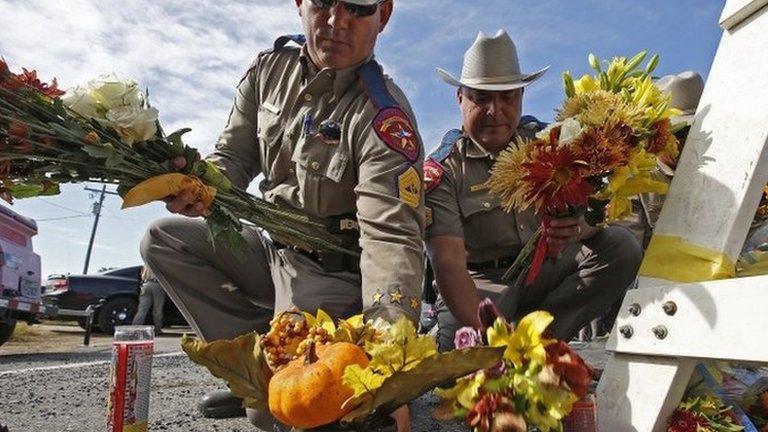
- Published7 November 2017
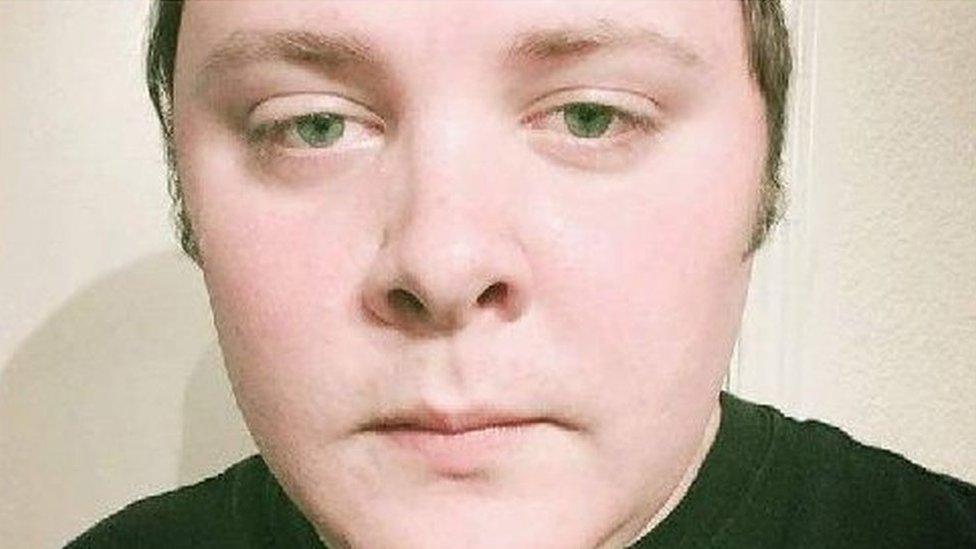
- Published7 November 2017
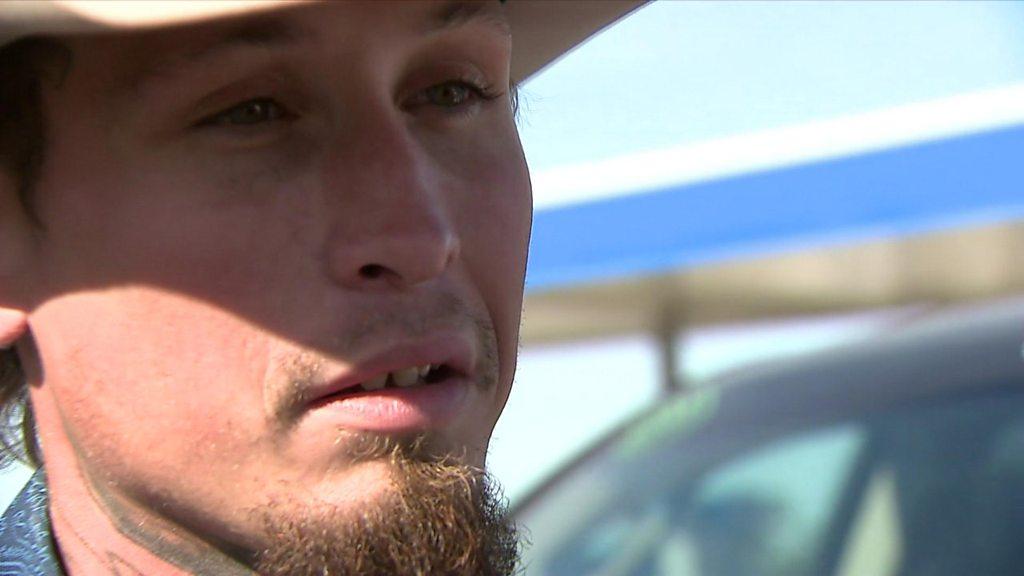
- Published6 November 2017
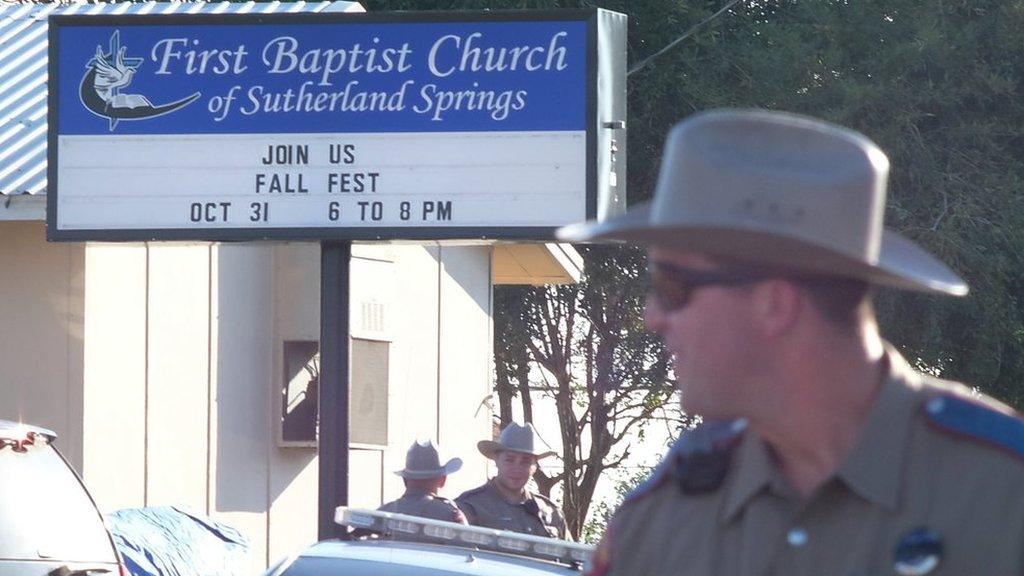
- Published17 December 2024
